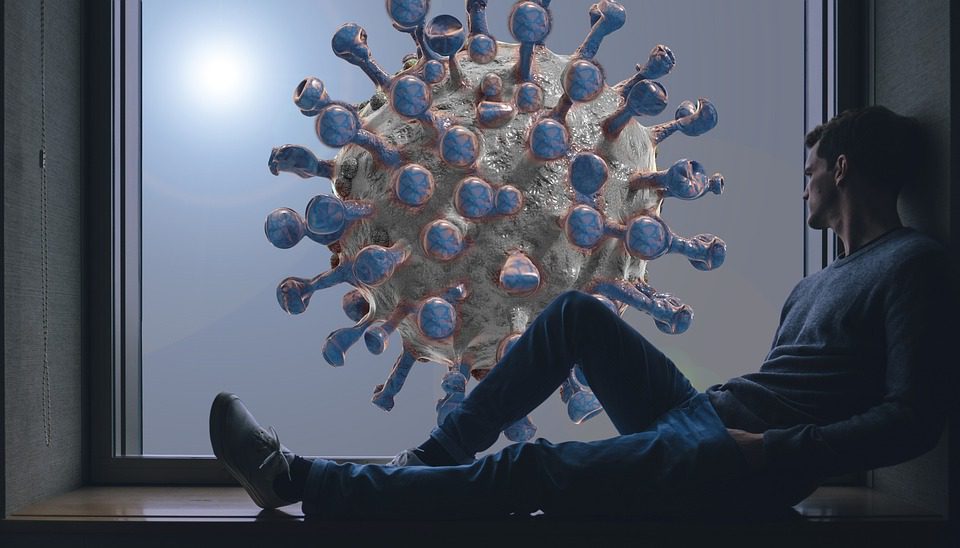Neurological problems have been observed often in patients suffering with post-COVID issues, which are symptoms that last four or more weeks after an onset of infection.
However, according to a recent study from Yale University, even minor infections may cause brain harm.
Dr. Akiko Iwasaki, who led the study, told NBC Connecticut that researchers purposefully gave mice a minor respiratory infection with SARS-CoV-2, the virus that causes COVID-19.
They studied the infection’s effects on the brain for seven days. Iwasaki, an immunologist with the Yale University School of Medicine, stated:
“And what we found is that even with a very mild infection, which we really cannot measure any disease phenotype in these mice, we still saw some significant damage in the cells of the brain. This means that even a mild respiratory infection could lead to neurological symptoms; that’s based on the damage that we see.”
The doctor did underline, however, that patients with serious illnesses are at a larger risk of cognitive impairment.
According to Previous Hospital Studies
The Yale researches indicate a study that looked at COVID patients in a New York City hospital system and found that the frequency of cognitive impairment was higher in hospitalized patients than in those with moderate COVID.
According to a research on the prevalence and diversity of symptoms linked with COVID, one in every four patients suffers from prolonged cognitive impairment.
The prevalence and degree of damage in newer forms such as omicron are unclear, according to the researchers.
Post-COVID problems are estimated to afflict a “significant proportion” of patients who have recovered from COVID-19, but the reason of the lingering symptoms is unclear.
Whether it’s the neurological system, the GI tract, or the pulmonary tract, the extended COVID may damage so many different organ systems, Iwasaki said. Experts don’t know how long COVID lasts in present.
At the moment experts aren’t able to treat these illnesses more effectively.
So, therefore, they need to understand the disease’s fundamental process so that they may develop a medicine to help these people.












Leave a Reply